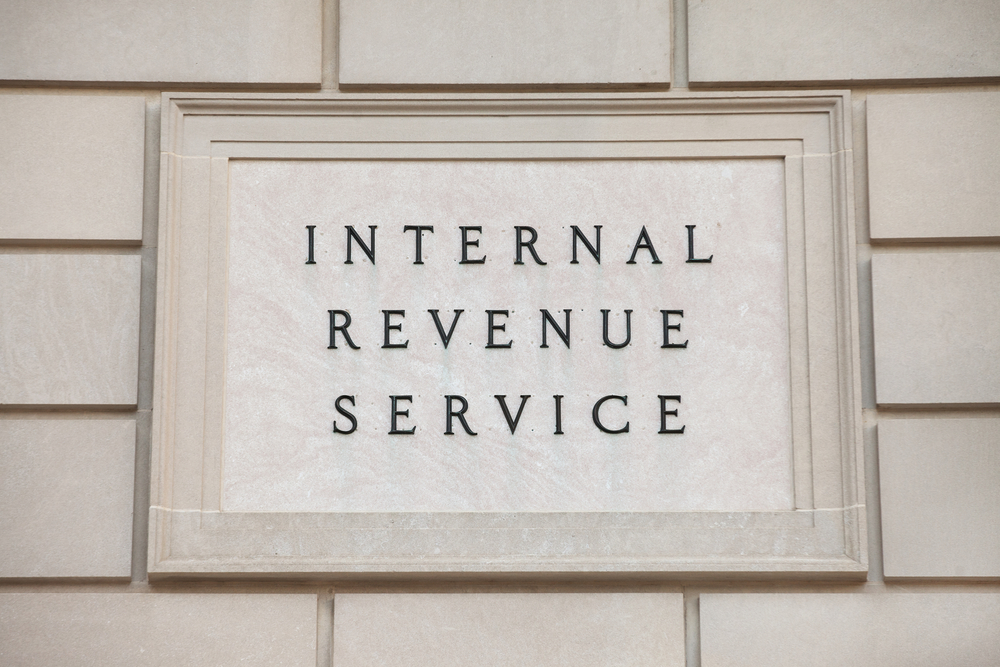In 2018, the Association of Certified Fraud Examiners found that expense reimbursement fraud accounted for 21% of fraud in small to mid-sized businesses. A second study, commissioned by ACFE Global Fraud, found that 5% of a company’s annual revenue is lost to fraud.
Consequently, if you own a small business and your employees have expense accounts, you’ll want to monitor their expenses closely. Remember, expense fraud can span everything from unapproved meals to upgrades on air travel.
Expense fraud in the news
In 2016, Reuters reported that a former partner at McKinsey & Co. was charged with multiple counts of fraud. In addition to having been alleged to have submitted fraudulent expense reports to the company (for which he requested reimbursement for a variety of personal expenses, such as theater costs, hotel fees, and dining reimbursement), the indictment also alleged the accused expensed numerous personal trips to places such as London, Prague, Las Vegas, Napa Valley, and Miami, among others.
Be on the lookout for fictitious expenses
When an employee adds fictitious expenses to their expense report, they’re requesting reimbursement for a purchase that was never made. Examples may include reimbursements for taxis, office supplies, or gifts for clients.
Other types of fictitious expenses may include mislabeled expenses. This occurs when a worker attempts to add personal expenses to their expense reports, by labeling them as “business expenses.” For example, if an employee is traveling for work and forgets to bring their cell phone charger, buys a knockoff at the local grocery store, and submits a non-itemized receipt for “food while traveling,” this would be a mislabeled expense.
How working with a CPA can help
CPAs do more than advise their clients on tax matters. Professionals who choose this career path also advise business owners on how to prevent and spot expense fraud. For example, your CPA might recommend outlining the types of expenses that are reimbursable (such as meals and hotel expenses), setting daily, per-diem limits for hotel stays and dining, and outlining the types of expenses that aren’t reimbursable, such as alcohol.
Your CPA may also recommend that employees submit original, itemized receipts as part of their expense reports. If an employee is expensing $50 for a meal, an itemized receipt will outline what was purchased.
For more information about the benefits of working with a CPA, or to learn more about how working with a CPA can help protect your business from expense fraud, call our office today to speak with an expert.



